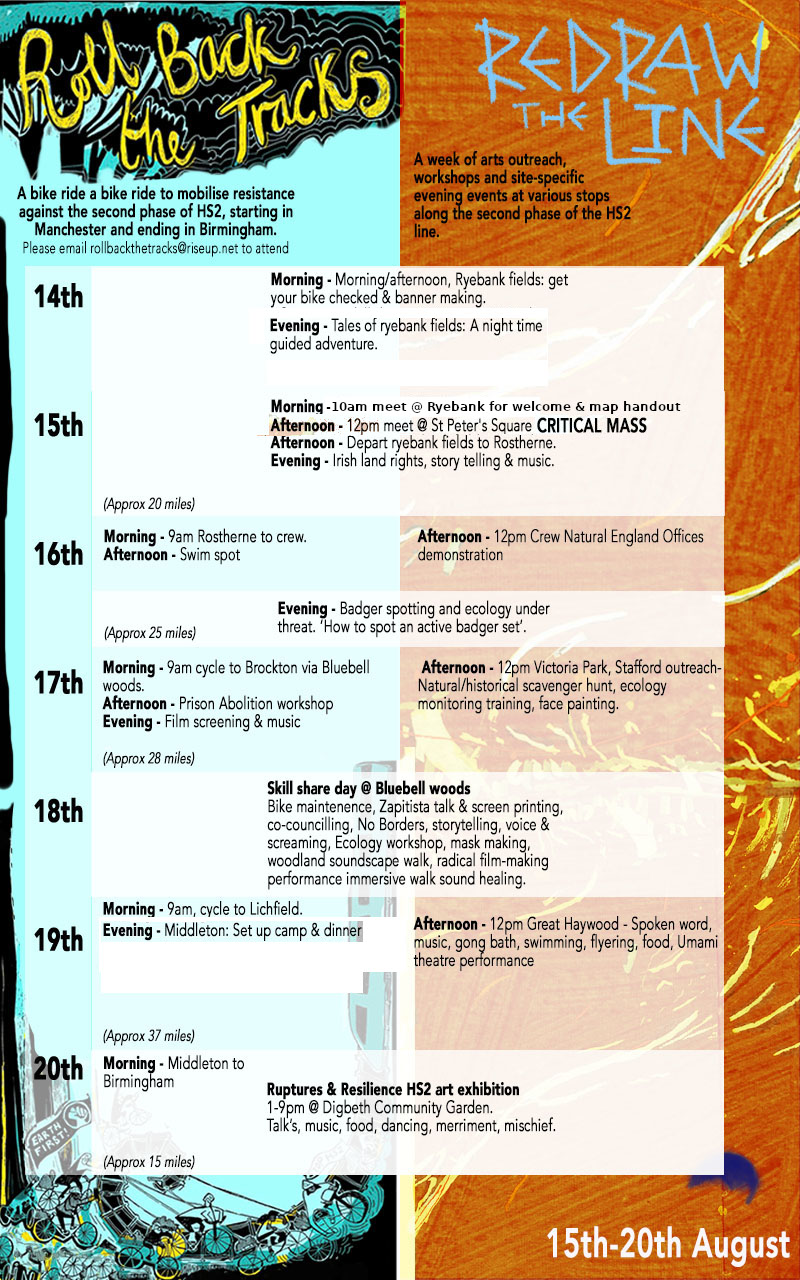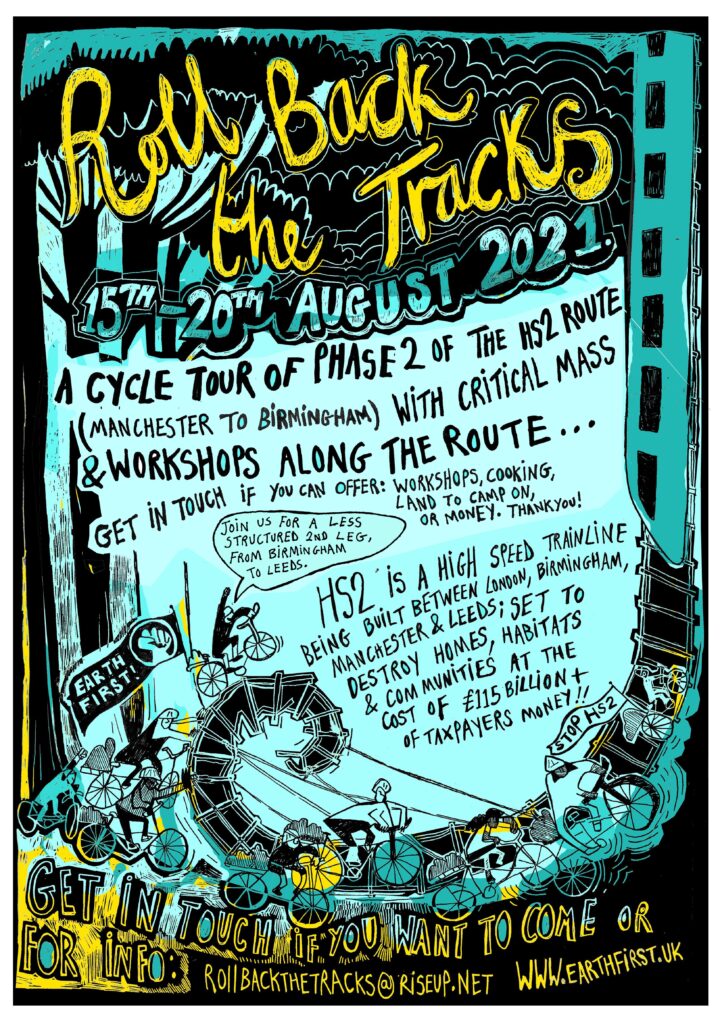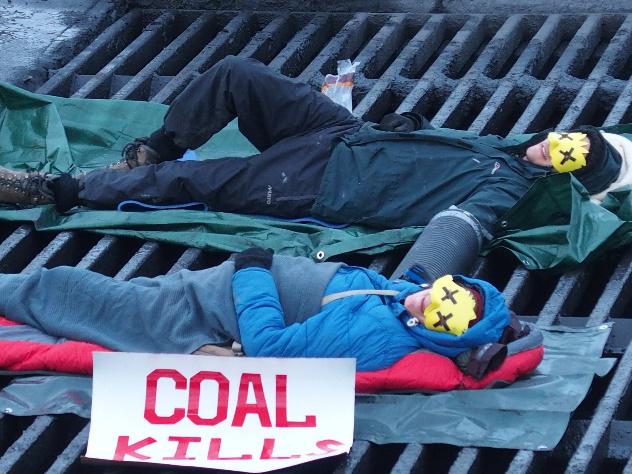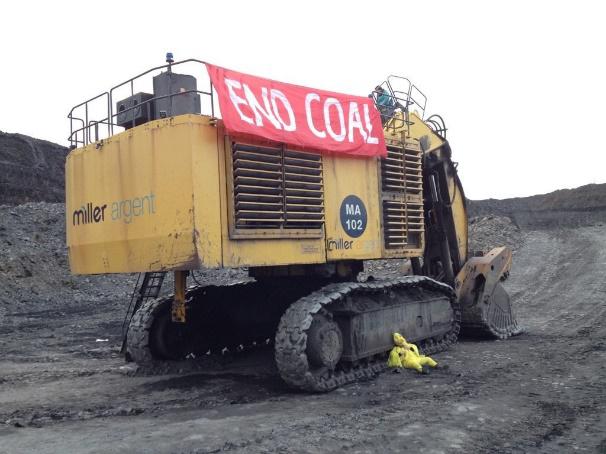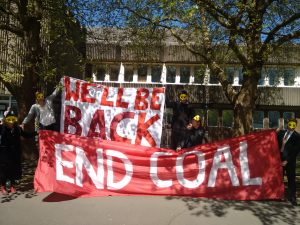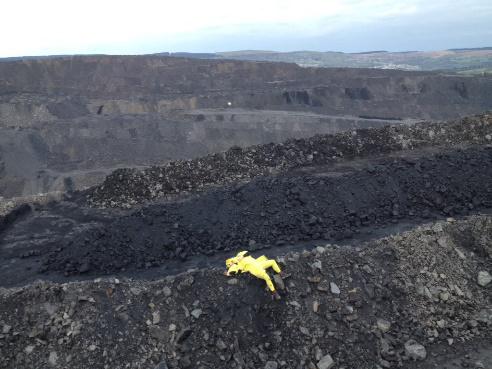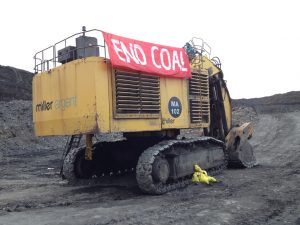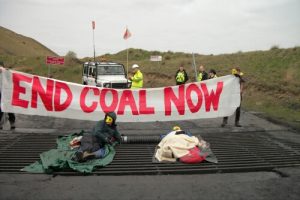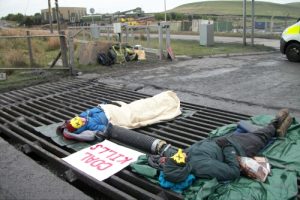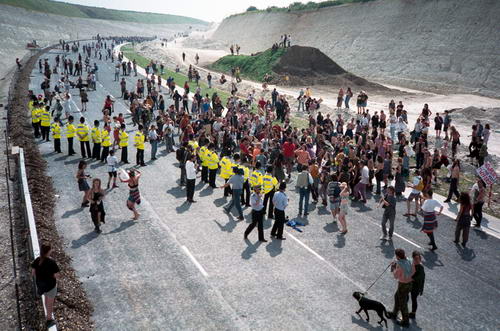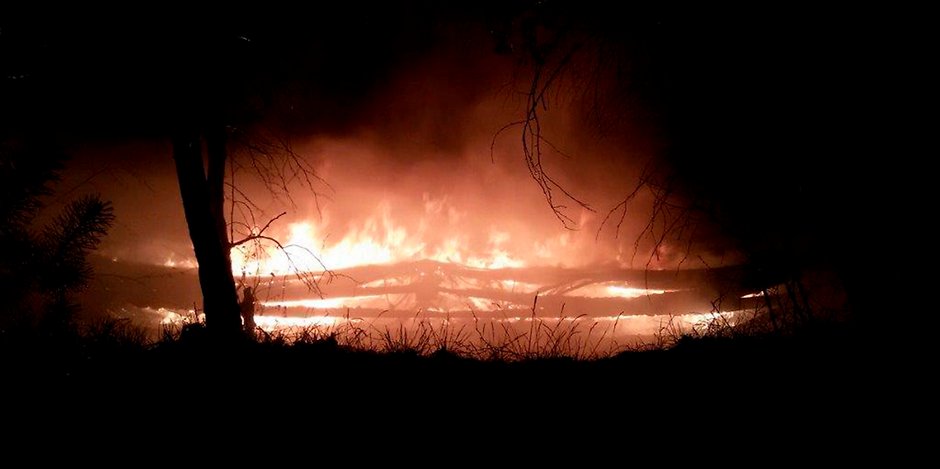What do you need to bring?
– bicycle 🙂
– bicycle panniers
– tent, sleeping mat and sleeping bag
– headlamp/flashlight
– power bank for charging electronics
– bottles for carrying drinking water
– a sealable tupperware for carrying food and eating out of, mug and cutlery
– toiletries and medication
– clothes to stay warm and dry
– first aid kit
– a basic cycle repair kit if you have one
– banners and flags to attach to your bike! (no XR banners please)
– cash for donations for food.
We are looking into continuing the bike ride along the second leg of the proposed route from Birmingham to Leeds from the 20th to roughly the 27th of August. For this leg, you will also need:
– camping stove & gas
– cooking equipment
Camping Sites
We have tried where possible to get permission to use camping sites. However, in some places we will be trespassing, and as such, facilities will be minimal. We have selected places that we feel are suitable to camp for the nights of the 15th-19th.
On the night of the 20th, we will be wild camping in a park in Brum centre, and from then on, wild camping in locations that we have not yet visited, and therefore we can’t guarantee they will be brilliant places to camp.
Food & water
On the first leg of the ride from Manchester to Birmingham, we will have a catering team following us in a vehicle. With volunteer support from us, they will provide one cooked, vegan, evening meal each day, and provide the ingredients for us to make our own breakfast and packed lunches.
Volunteers in the kitchen will need to wear a face mask and observe physical distancing.
Donations for food are greatly appreciated, though no-one will be turned away for lack of funds.
On the second leg, we will NOT be catered for, so if you are cycling from Brum to Leeds, you will need to buy your own food and cook for yourself.
Most of the camping sites have running water nearby. However, you need to have at least 2 1L drinking bottles with you on the ride, and to fill them up whenever possible on route to campsites. Stay hydrated!
Toilets
At some of the campsites, there are toilets. Where there are not toilets, we will have a bike trailer toilet cubicle in tow, and a spade. Collectively, we will have to dig a pit for everyone to poo in. If the idea of pooping in a pit grosses you out, then make sure you use public toilets on route.
Checking your bike is ready to join Roll Back the Tracks
Lots of different bikes can make this trip, but it needs to be in good working order.
Please make sure you have at least one water bottle holder on your bike. You also need to think about how you will carry your luggage. You need either a pannier rack bolted to your bike frame to carry pannier bags with your belongings, or you’ll need to bring bike packing bags to carry luggage directly on the frame. Please don’t come with a backpack of all your stuff, you will be sweaty and uncomfortable quickly. Full suspension mountain bikes are not recommended.
If you don’t cycle regularly, or you are borrowing a bike for the trip check that the bike fits – take it for a test ride of a few hours to see how comfortable it is. You need to be able to stand over the frame without it touching you between your legs and be able to comfortable reach the handlebars and brakes.
Check your brakes
Rim brakes (the brakes act on the metal circular part of your wheel)
• pull on the brakes one at a time to ensure that they can stop the bike
• check there is plenty of rubber across the whole of all the pads (especially if your brakes are noisy)
• check that the brakes just touch onto metal and not onto the rubber of the tyre
• check that when you pull the brake lever (the part in your hand when riding) the lever doesn’t touch the handlebars.
Disk brakes
• Check that the front and the back brake stops your bike (rather than when both are pressed at the same time).
• Check the rotary wheel is straight and firmly attached.
• If the brakes are ringing you need to get them adjusted.
Wheels
• Check that quick release wheels are properly tightened. You should be able to read the word ‘closed’ when they are;
• otherwise, check that wheel nuts are tight, especially if you remove your front wheel.
• Clean the braking surface if you have rim brakes – use washing up liquid in water and a rag.
• Check the tyres are fully inflated. The pressure is written on the side of your tyre.
• Check the tyres still have a pattern across the surface and do not bulge.
• Check that the brakes haven’t rubbed a grove in the rubber of the tyre.
• Check that the wheel runs in a straight line – do this by lifting one end of your bike and pushing the wheel round fast, it should move smoothly and not rub.
• Look at your wheels to ensure all the spokes are there and squeeze them in pairs to check they are of a similar tightness.
Frame
• Make sure there are no cracks or big dents in the frame.
• Check the bolts attaching mud guards, water bottles and the pannier rack are all tight.
• Can you move the handlebars fluidly?
• Could they be too loose? Put the front brake on, turn the front wheel 90 degrees and then see if the front of the bike rocks if you push forward on the turned handlebar. If so, it needs tightened.
Gears
• Look at your chain and everything it touches. Dirty? It really is worthwhile using an old tooth brush to clean each link and contact point before re-applying oil to each link and then removing any excess with a rag.
• Move the pedals and ensure they can freely turn round completely.
• Check that the bike can go into all of its gears. There are going to be hills, so you’ll need a range of gears.
Got a creaking bike?
Can you work out where it is coming from? If standing up to pedal makes it stop check your saddle, if it is worse when you peddle hard it is likely your bottom bracket.
Got a problem with one or more of these areas? If yo don’t know how to fix it find a friend who does or take it to an independent bike shop – but watch out they may not be able to do this at short notice.
Please bring a spare inner tube with you in case you get a puncture, the size is written on the side of your tyre. If you don’t know how to change a flat tyre still bring a spare inner tube and we can fix it together.
Having a fully working bike is your responsibility.
We are meeting together on the 14th at Ryebank Fields Protest Camp in Manchester to check bikes. Please bring a bike which is in full working order as we may sadly have to ask you not to come if you’re bike isn’t up to the job and we can’t get parts to fix it.
How can you help?
• Know of anywhere we (max 50 riders) could sleep in the following areas?
◦ North Cheshire
◦ Birmingham Centre (ideally near Digbeth)
◦ West Leicestershire
◦ Sheffield
◦ Leeds
• Involved in a critical Mass or cycling group in Brum, Nottingham, Sheffield or Leeds? Help us organise some cyclists into a critical mass!
• Have you got a bike sound system you could bring on part of the ride?
• Do a workshop on route. Sing a song round the campfire.
• Get creative and make some flags or banners for our bikes!
• Volunteer in the kitchen.
• Tow the bike trailer toilet for a few hours.
• Spare some change? We are trying to raise 2000 pounds to fund the project. can you help either by donating or sharing? Here´s the link to the crowdfunder:
https://www.crowdfunder.co.uk/roll-back-the-tracks
Drop us an email on rollbackthetracks@riseup.net to RSVP or for more info.

